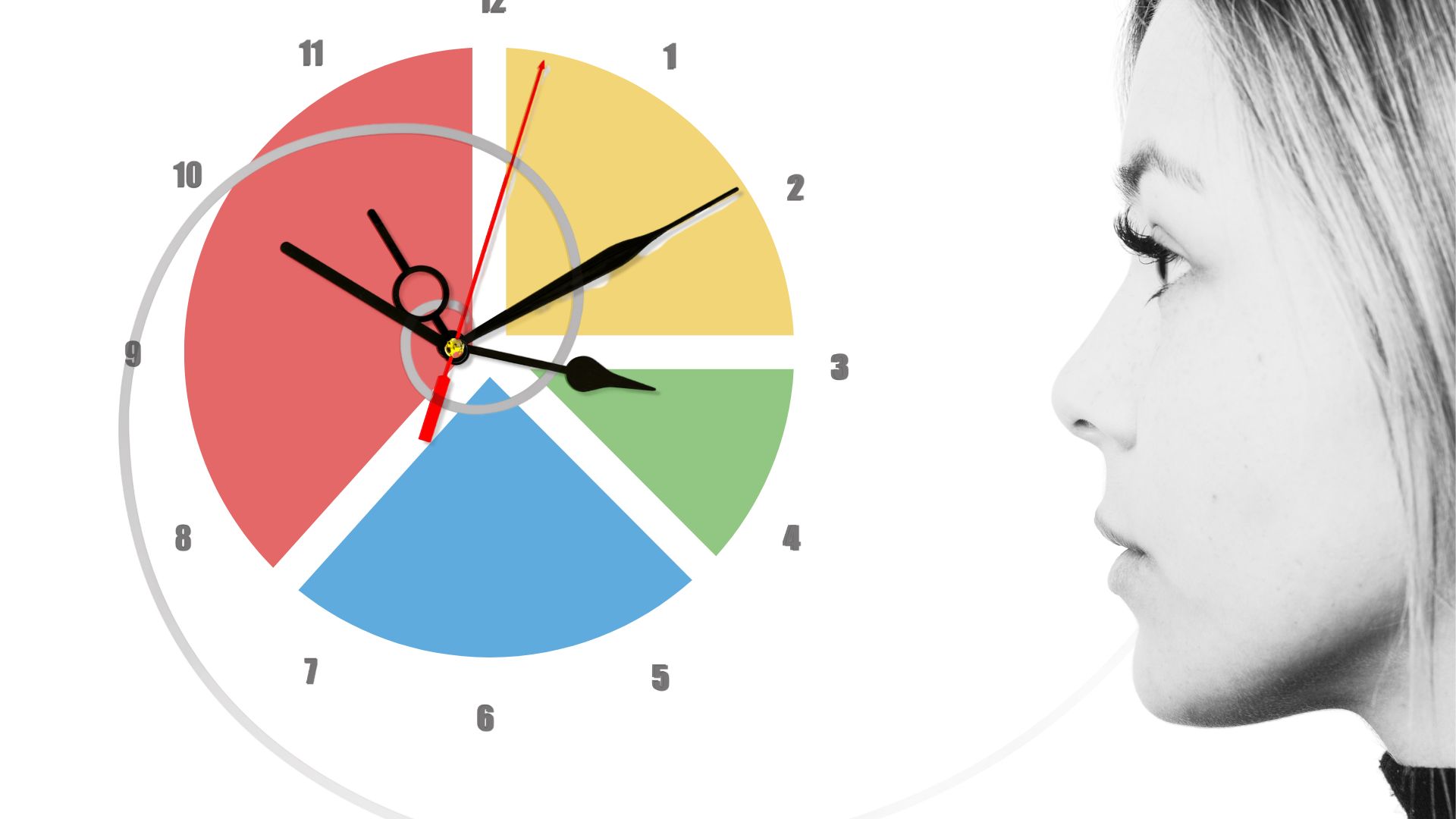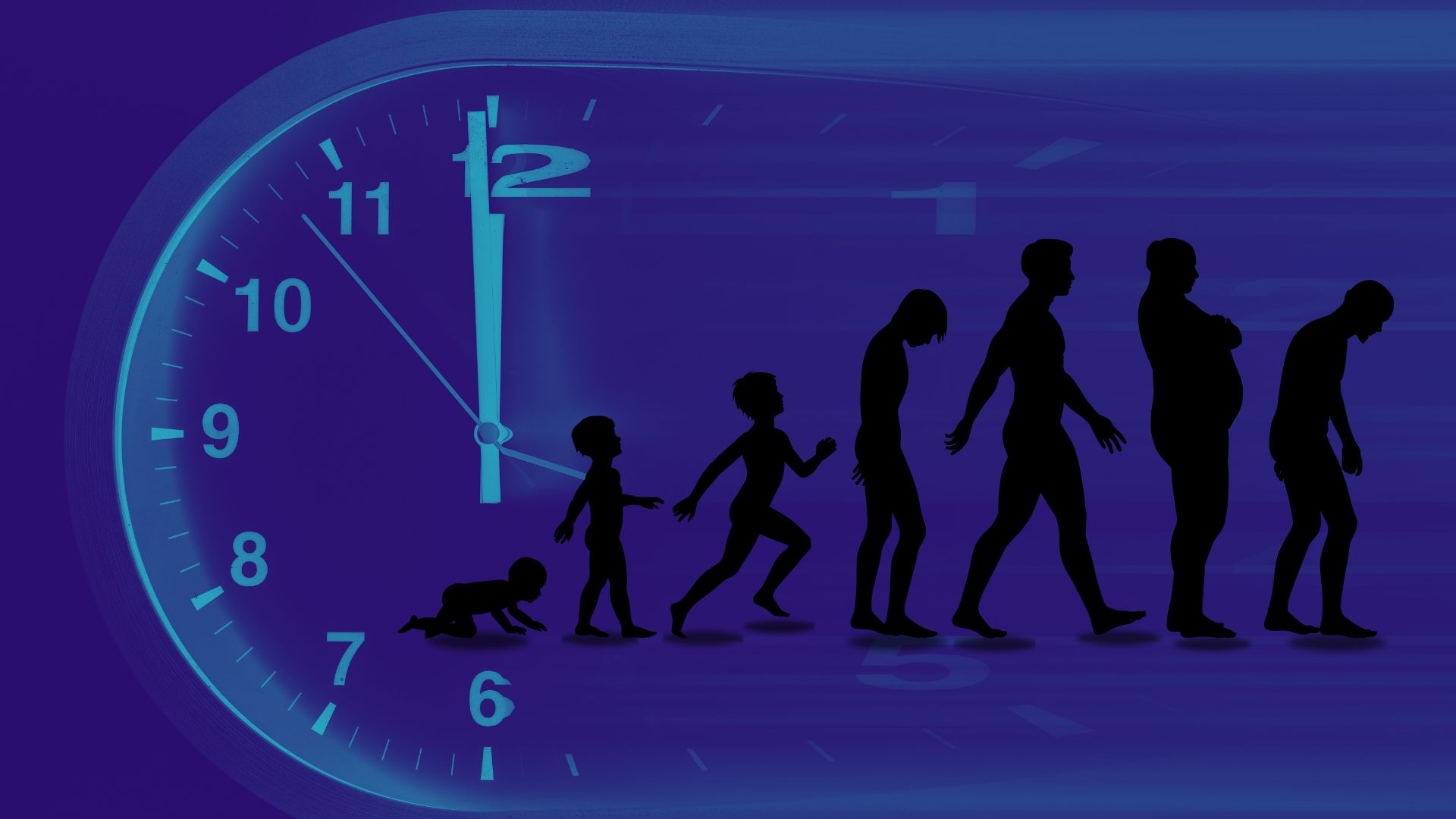Have you ever felt that time seems to fly by faster as you get older? You’re not alone. Many adults report feeling that the years pass by more quickly with age, leading to the common perception that time accelerates as we grow older. But is there any truth to this feeling, or is it just an illusion? Let’s explore the scientific and psychological insights into time perception and uncover the factors that contribute to this phenomenon.
Understanding Time Perception
Time perception is a complex cognitive function that is influenced by various factors, including our experiences, mental state, and environment. According to scientific studies, our perception of time is largely subjective and can be affected by how our brains process information. Our brains are wired to perceive time based on the frequency and novelty of experiences. This means that when we encounter new and exciting events, time seems to slow down, while routine and monotonous activities can make time feel like it’s speeding up.
The Role of Routine and Novel Experiences
One major reason time feels faster as we age is the reduction in novel experiences. In childhood and adolescence, we are constantly exposed to new activities, learning opportunities, and social interactions. Each of these novel experiences is stored as a distinct memory, making time feel more extended. However, as we settle into adulthood, our lives often become more predictable, filled with routine tasks and responsibilities. This lack of novelty can lead to fewer distinct memories, causing our brains to perceive time as moving faster.
Scientific Insights into Time Perception
Several experts have explored the intricacies of time perception in their works. In “Why Time Flies,” Alan Burdick examines the subjective nature of time and its relationship to age and memory. Philip Zimbardo’s “The Time Paradox” discusses how cultural and psychological factors influence our experience of time, while Claudia Hammond’s “Time Warped” investigates why time seems to speed up as we age. These works highlight the complex interplay between cultural norms, memory processing, and individual perception in shaping our understanding of time.
The Impact of Technology and the Digital Age
In today’s fast-paced digital world, technology plays a significant role in shaping our perception of time. Constant connectivity and the rapid influx of information can create a sense of urgency and acceleration. Social media platforms, for instance, bombard us with a continuous stream of updates, making it easy to lose track of time. Additionally, the addictive nature of digital devices can lead to less time spent on meaningful activities, further contributing to the perception that time is slipping away.
Psychological and Cognitive Perspectives
Beyond routine and technology, the aging brain itself can influence time perception. Cognitive scientists such as Martin Buhr, author of “The Time Illusion,” have studied the neurological mechanisms behind time perception. As we age, the rate at which our brains process new images and experiences slows down. Physical changes, such as decreased saccades frequency (rapid eye movements), affect how quickly our brain registers changes in our environment. These changes contribute to the feeling that time is accelerating as we age.
Practical Tips for Managing Time Perception
While we can’t change the passage of time, we can take steps to manage our perception and make the most of every moment:
- Seek Novelty: Introduce new experiences into your daily routine. Try new hobbies, explore new places, or learn something new to keep your mind engaged and create lasting memories.
- Practice Mindfulness: Cultivate mindfulness by focusing on the present moment. Techniques like deep breathing, meditation, and mindful reflection can help slow down time by enhancing your awareness of each experience.
- Limit Screen Time: Set boundaries for screen usage to create more space for meaningful activities. Allocate time for social interactions, physical exercise, and creative pursuits that bring joy and fulfillment.
- Reflect on Achievements: Regularly reflect on your accomplishments and experiences. Keeping a journal or maintaining a gratitude list can help you appreciate the richness of your life and reinforce positive memories.
By understanding the factors that influence time perception and incorporating these strategies into your daily life, you can enhance your relationship with time and make the most of every precious moment.
In conclusion, while time may feel like it’s moving faster as we age, this perception is largely influenced by our experiences, routines, and cognitive processes. By being mindful of how we spend our time and seeking out new experiences, we can enrich our lives and create a sense of fulfillment that transcends the fleeting nature of time.


